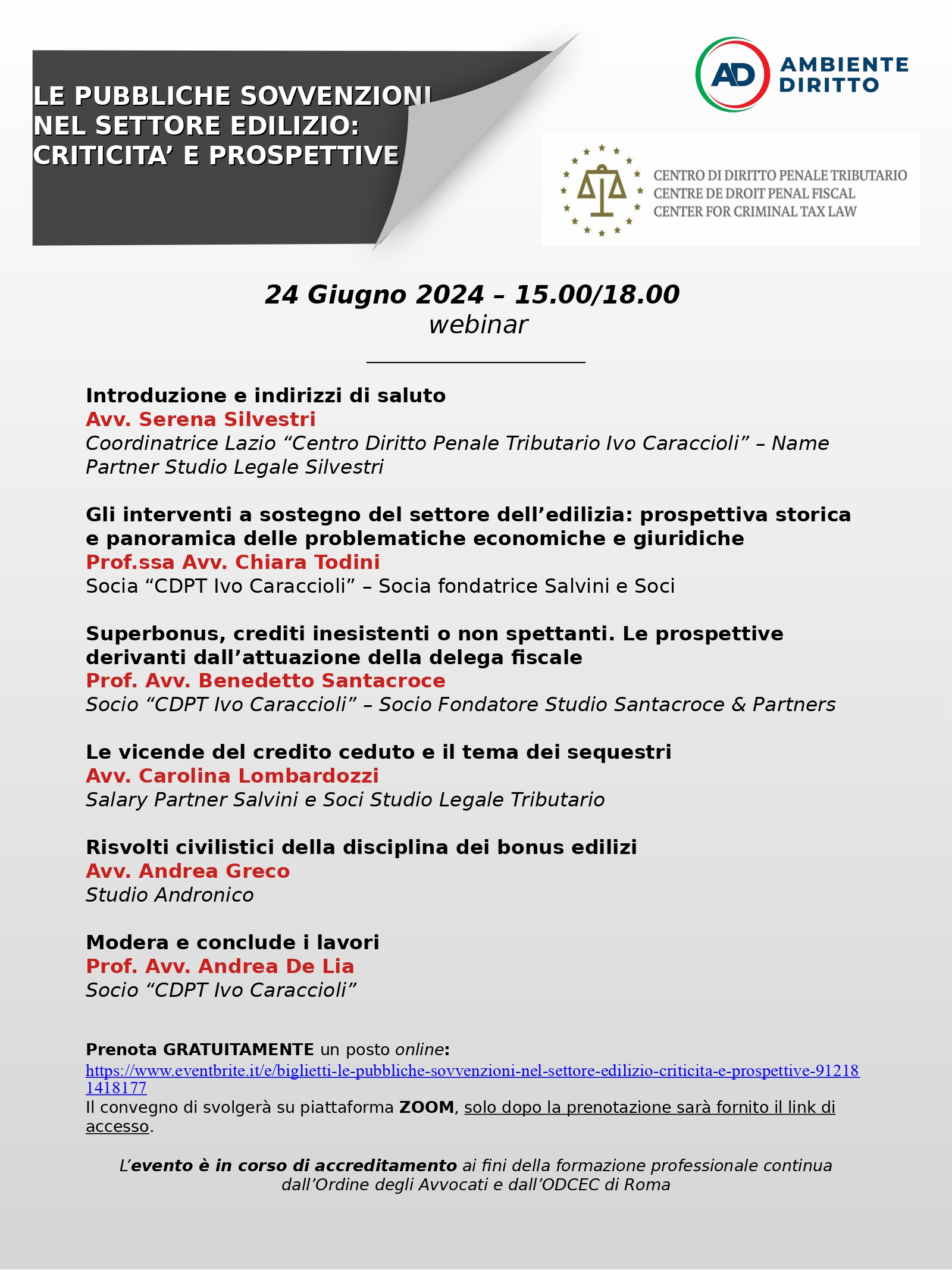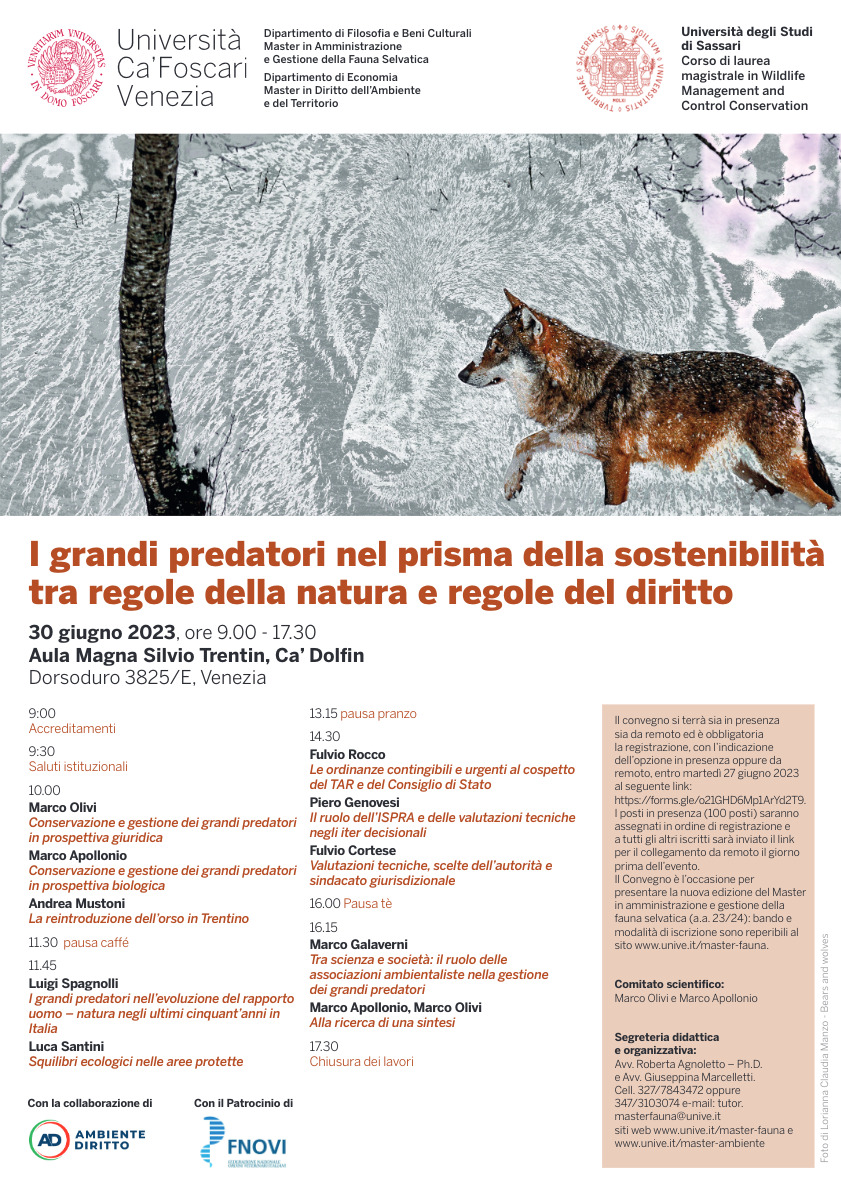
A DIFFICULT BALANCE OF INTERESTS: the ILVA case reaches the European Court of Human Rights.
Ruggero Picone
Abstract: The present work covers, in an international key, the legal affair that regarded the ILVA factory of Taranto. The script is divided in two parts: the first one addresses the recent verdict of the European Court of Human Rights that condemned the Italian Republic on the matter; the second one instead focuses on the sensitive issue concerning the possibility of recognizing, on the international level, the existence of a right to an healthy environment, underlying the strengths (and the weaknesses) of such eventuality.
Sintesi: Il presente contributo ripercorre, in chiave internazionale, la vicenda giuridica che ha riguardato lo stabilimento ILVA di Taranto. Lo scritto si snoda attraverso due direttrici: la prima affronta la recente sentenza di condanna della Corte Europea dei Diritti dell’Uomo intervenuta nei confronti dell’Italia in merito alla questione oggetto della vicenda; la seconda si incentra sulla delicata questione concernente la possibilità di riconoscere, a livello internazionale, l’esistenza di un diritto ad un ambiente salubre, sottolineando i pregi (ma anche i difetti) di una simile evenienza.
Overview. 1. Introductory remarks. 2. A glimpse to the historical context of the dispute. 3. The Court’s preliminary specifications. 4. The violation of art. 8 of the Convention and the “duty to inform” weighing upon the State. 5. The right to effective remedies on the national level. 6. A too smooth “punishment”?. 7. The ECtHR approaches towards the “right to a healthy environment”: still a far destination?. 8. Some concerns regarding the recognition of a right to a healthy environment. 9. Concluding notes.
Scarica allegato





 AMBIENTEDIRITTO.IT EDITORE
AMBIENTEDIRITTO.IT EDITORE